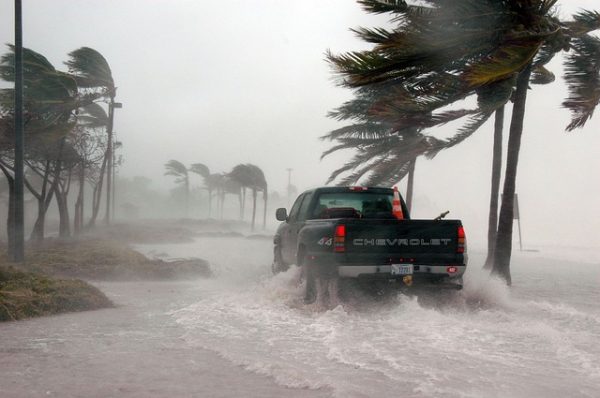
The coastline of the United states is regularly battered by hurricanes- an average of about five every three years.
Hurricanes bring lots of heavy winds, some as strong as a hundred miles an hour. Along with hurricanes also come water surges that reach to twenty feet in height.
These intense winds can create cyclones, which are extremely dangerous. Therefore, preparing for their possible arrival (especially between June and November) is a smart and practical thing to do.
The following are pro tips and pieces of advice to help you prepare for whatever comes.
Be Aware and Beware
Understand and know that every hurricane is different. Follow the old rule of hoping for the best but preparing for the worst, and never assume that the next disaster will follow the rulebook of the last.
Make a List and Check It Twice
Try to make up a list of all the items found in your backyard or front yard that should be brought inside when the hurricane hits. This list might include yard tools or lawn furniture.
Drain It
Try to ensure that all the gutters and drains around your house are cleared as thoroughly as possible. This is to prevent further flooding, especially during the bouts of long, heavy rainfall that usually accompany strong hurricanes.
Use Shutters Specifically Designed For Hurricanes
Investing in hurricane-grade shutters for the doors and windows will help to prevent breakage. You could also protect the windows from the outside using plywood.
Plan For An Evacuation
Develop an evacuation plan. See if you can get in touch with your emergency local management chapter or the Red Cross for tips or assistance. They may be able to provide you with evacuation routes as well as information on nearby shelters.
Prepare Blankets
Have ready sleeping bags and blankets just in case you to have to flee your home.
Think About Your Pets
Know in advance what you’re going to do with your pets. Many pets end up being abandoned and left behind in the midst of disasters
Gather The Necessary Emergency Supplies
Prepare supplies as well as you can beforehand. Included in this list of supplies should be flashlights, batteries, a radio, water and food, and first aid kits.
An extra precaution you can take is to turn your refrigerator to the highest setting. The reason for this is when the power goes off, your fridge will stay colder longer, thereby preserving your food a lot longer.
Elevate Your Home and Furniture
It’s a good idea to elevate your house, especially if hurricane and flooding is common in your area.
All in all, preparing for the worst is always the best course available. It could save you time and energy, as well as your own life and those of your loved ones.

